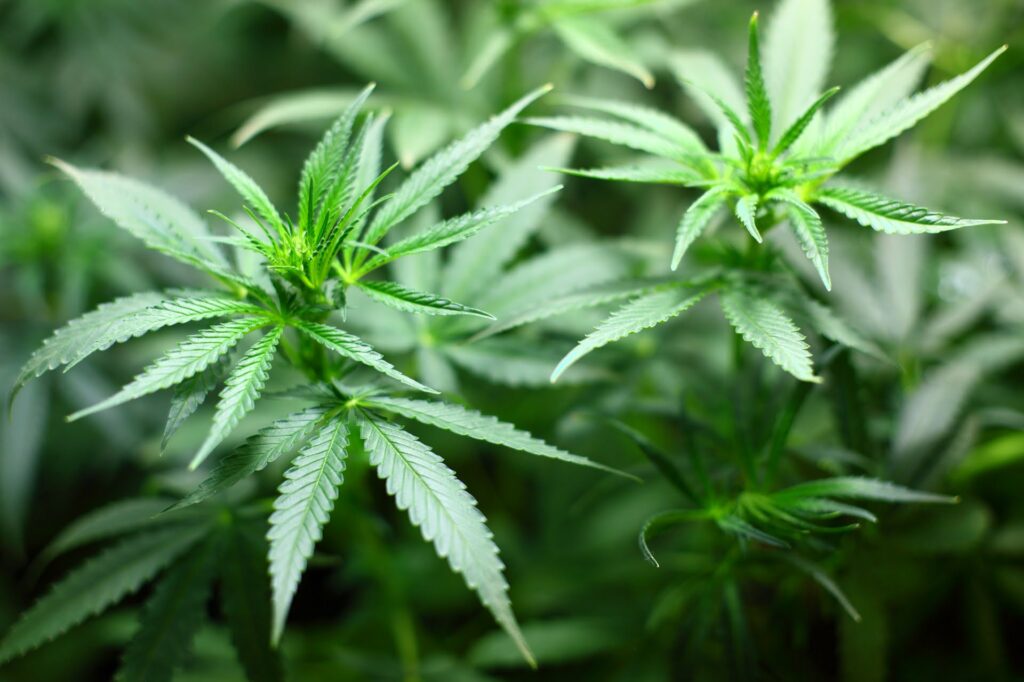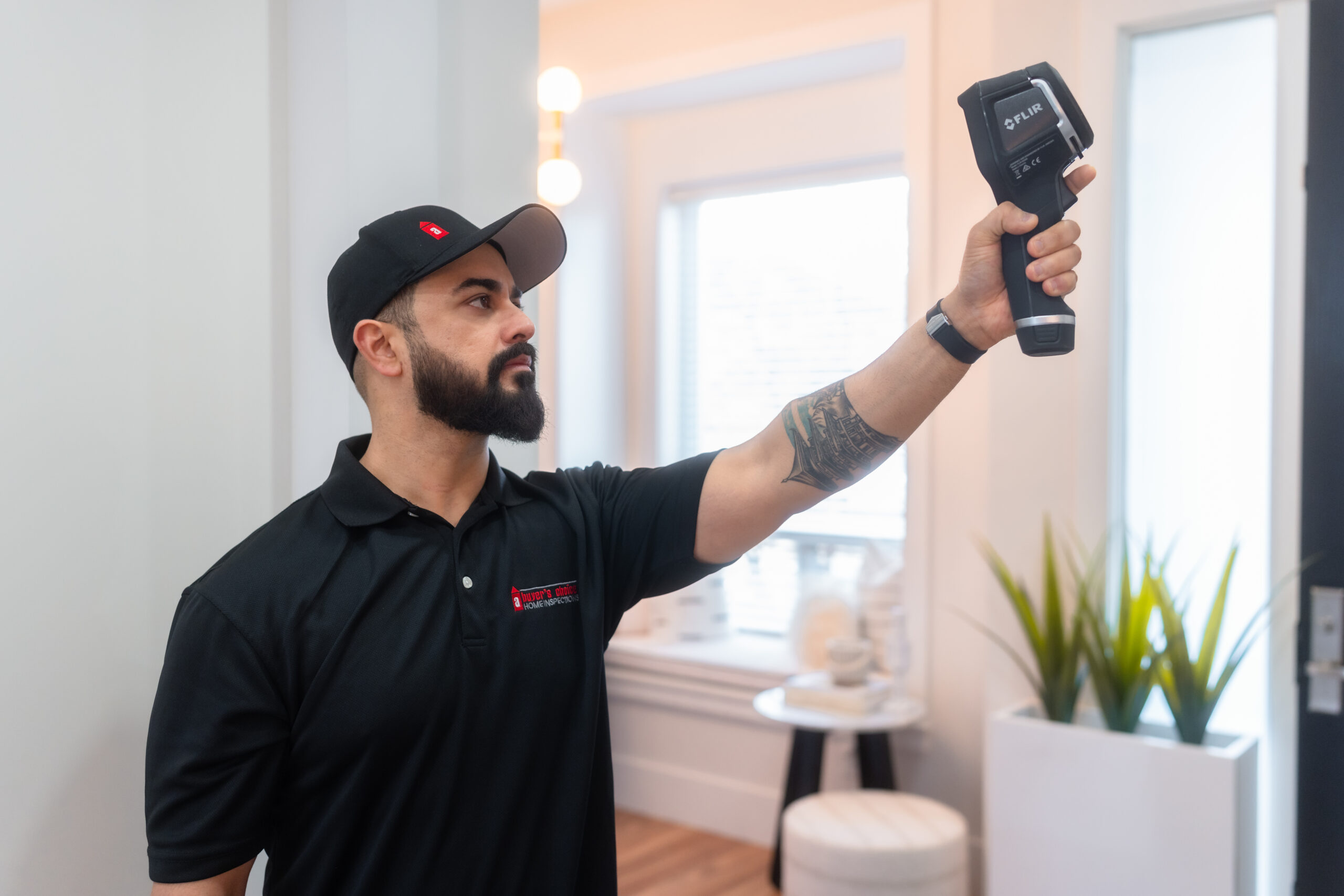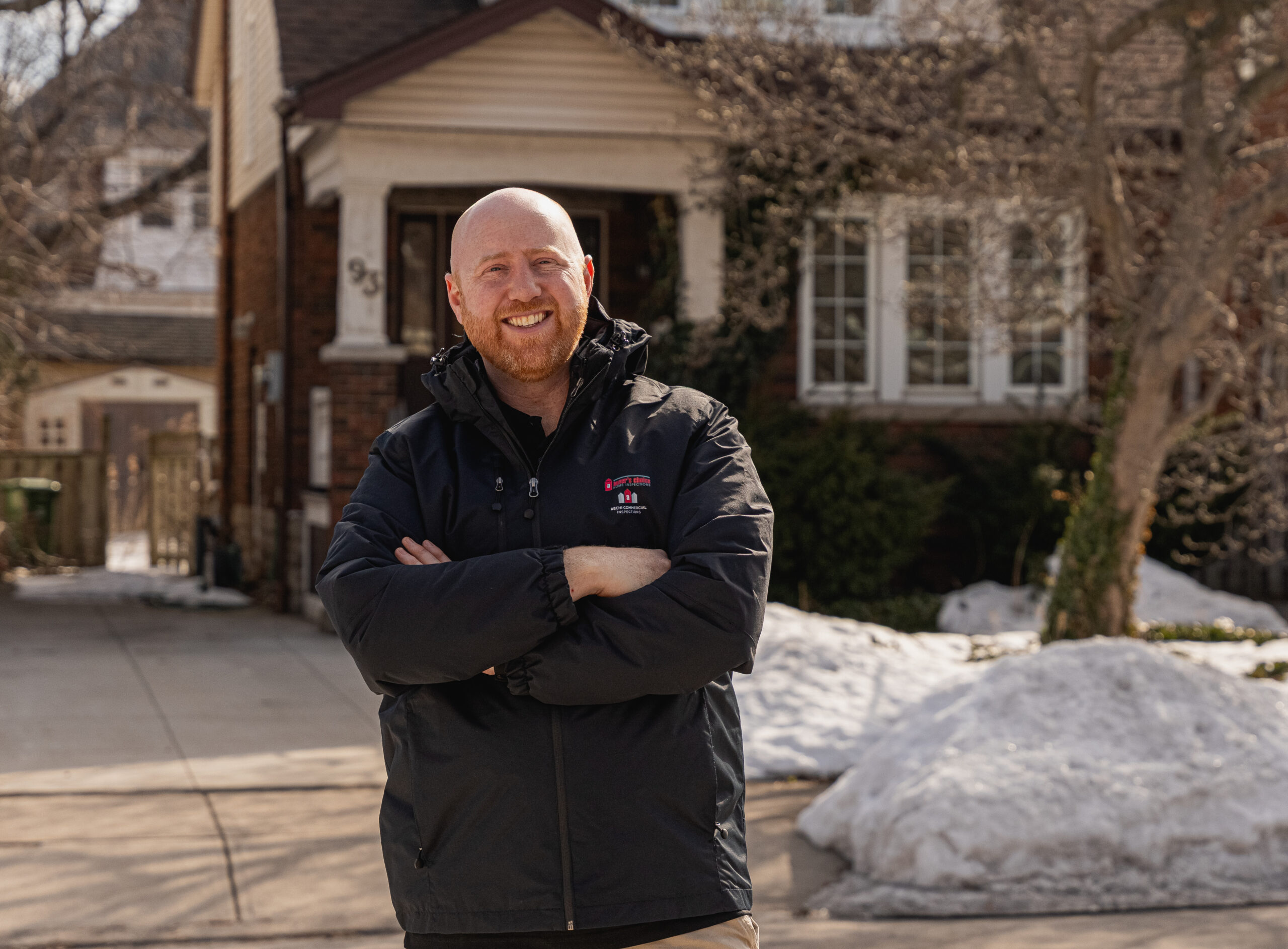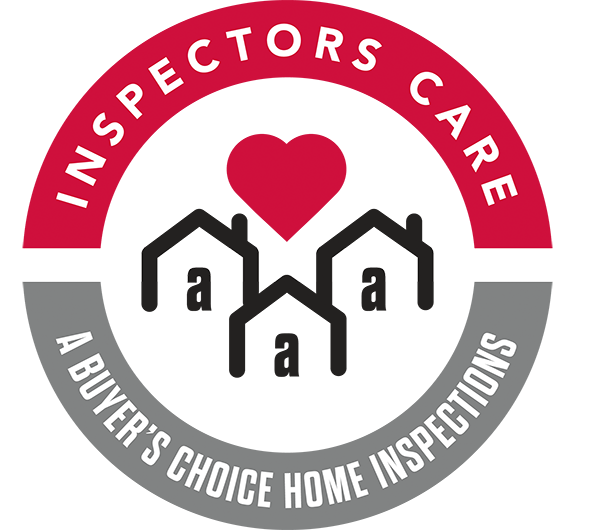October 17th, 2018 will be a day many people will remember – and not just because it’s legal to smoke marijuana across Canada, but also because it can be legally grown for personal consumption in every province or territory except Manitoba and Quebec.
And, although Nunavut has not banned growing at this time, the provincial government will regulate whether plants can be grown at home in the future.
In all remaining jurisdictions, each household can legally grow a maximum of four plants.
So, what does this mean for homebuying? Well, the country’s real estate agents aren’t pleased with provisions allowing for home cultivation of marijuana plants, as they believe this could undermine property values thanks to the potential spread of mould and other issues, potentially resulting in some costly surprises for homebuyers.
A CBC article back in April described how Canadian Real Estate Association (CREA) CEO Michael Bourque spoke to senators in talks about Bill C-45 before it became law stating that, while on the surface four plants sounds moderate, the legislation doesn’t limit the number of crops or the size of each plant. Four plants could yield over five kilograms a year, which has the potential to cause structural damage to dwellings and comes with associated health consequences, noting the use of fertilizers and pesticides in the growing process could exacerbate environmental health risks in a home or a multi-unit dwelling that shares air circulation.
A new national survey conducted by Zoocasa that polled 1,300+ Canadians about cannabis legalization, reports sentiments remain largely negative regarding the following issues:
- Consumption and cultivation in private residences
- Living in close proximity to where legal cannabis is sold
- Tenant and landlord rights when it comes to the presence of legal cannabis in a rental unit
For one, most Canadians feel that smoking cannabis inside their homes is a generally bad idea. A full 64% of those who indicated they were homeowners felt doing so would harm its resale value.
As well, more than half of homeowners – 57% – felt that growing even the legal amount of four cannabis plants would have a negative impact on a home’s value. This stigma extends to prospective homebuyers, too. A total of 52% respondents say they’d be less likely to consider specific houses for sale if they knew even a legal amount of cannabis had been grown in them.
The novelty should wear off
The legalization of marijuana is a big step, and many organizations and households alike are struggling with acceptance. During times of change like this, it’s not uncommon for negativity to be spurred on by the unknown.

The biggest issues Cody saw prior to legalization were caused by improper venting and electricity bypassing most often associated with trying to disguise grow operations.
When trying to hide the odour associated with growing cannabis before it was legal, moisture – which can lead to mould growth – was a big concern when people vented to crawl spaces or attics. And, in order to not raise red flags on their hydro bills, illegal growers would often bypass the local electricity circuit, which is unsafe.
But, once growing became legal, homeowners were free to have open conversations with electricians, contractors and growing supply shops to determine the safest way to grow cannabis while not harming their families or homes.
There was an influx of people trying their hand at home-grow when it first became legal. But, once the novelty of growing wore off within the first year or two, Cody says most home growers realized that nurturing their own supply was more trouble than it was worth and expensive when compared to buying marijuana commercially.
As for the fear of cannabis residue remaining in the home where it was grown, once you get rid of the plant, the smell goes too. Smoking marijuana inside will have no worse affects on your property value than smoking cigarettes. In fact, if you choose to smoke cigarettes indoors, you’ll likely have more residuals stick around than with just marijuana on its own.
Ensuring any property you plan to buy is inspected by a professional will help set your mind at ease for any potential problems that could end up costing you over the long term.
Find an Inspector near you: https://abuyerschoice.com/locations








